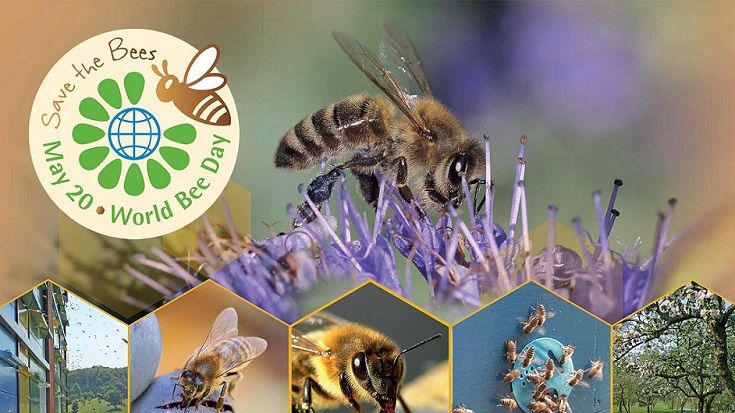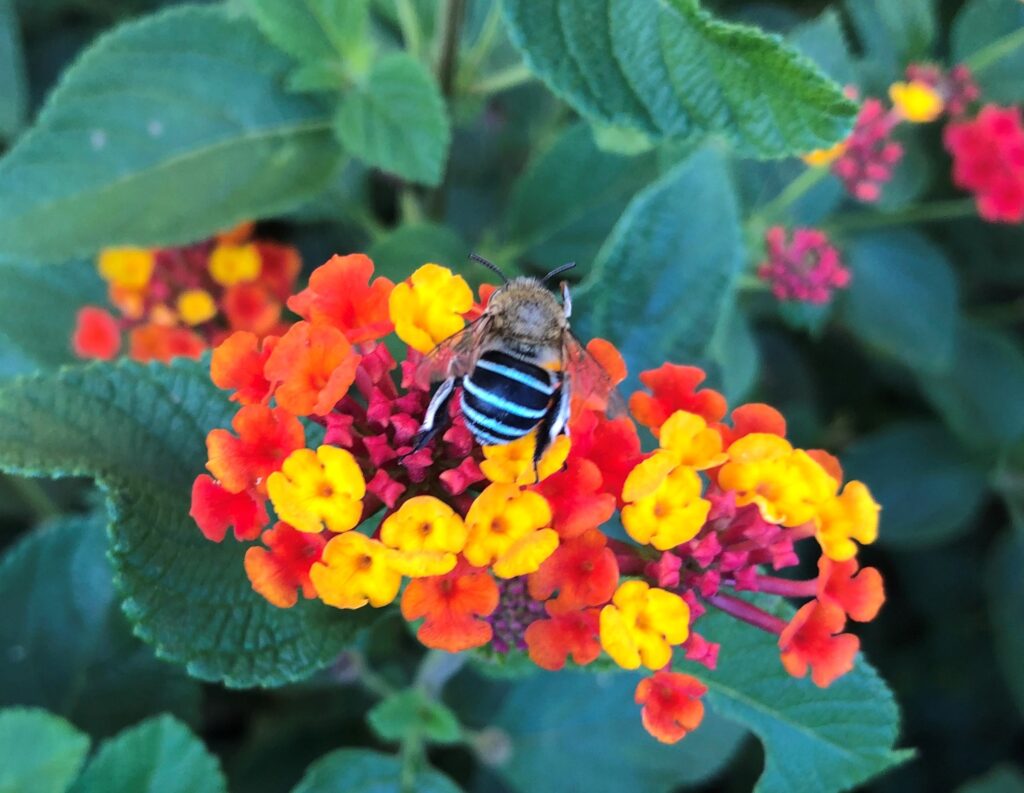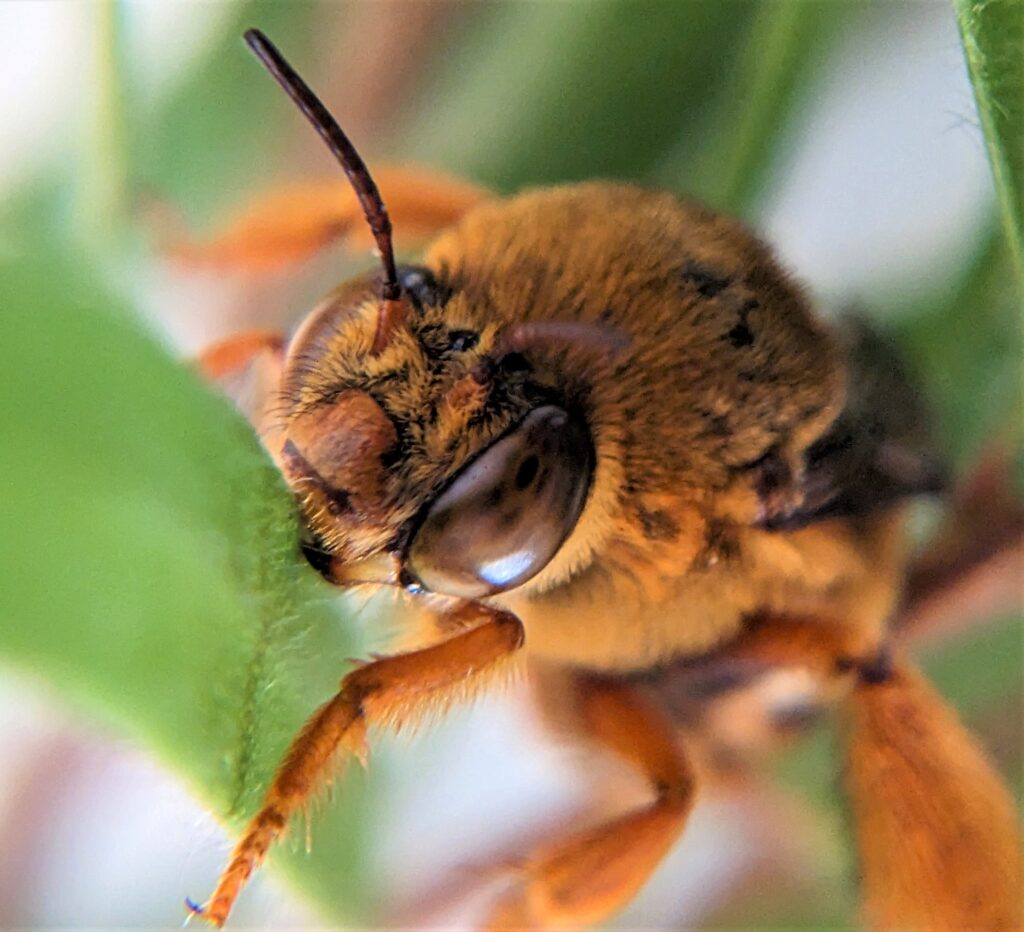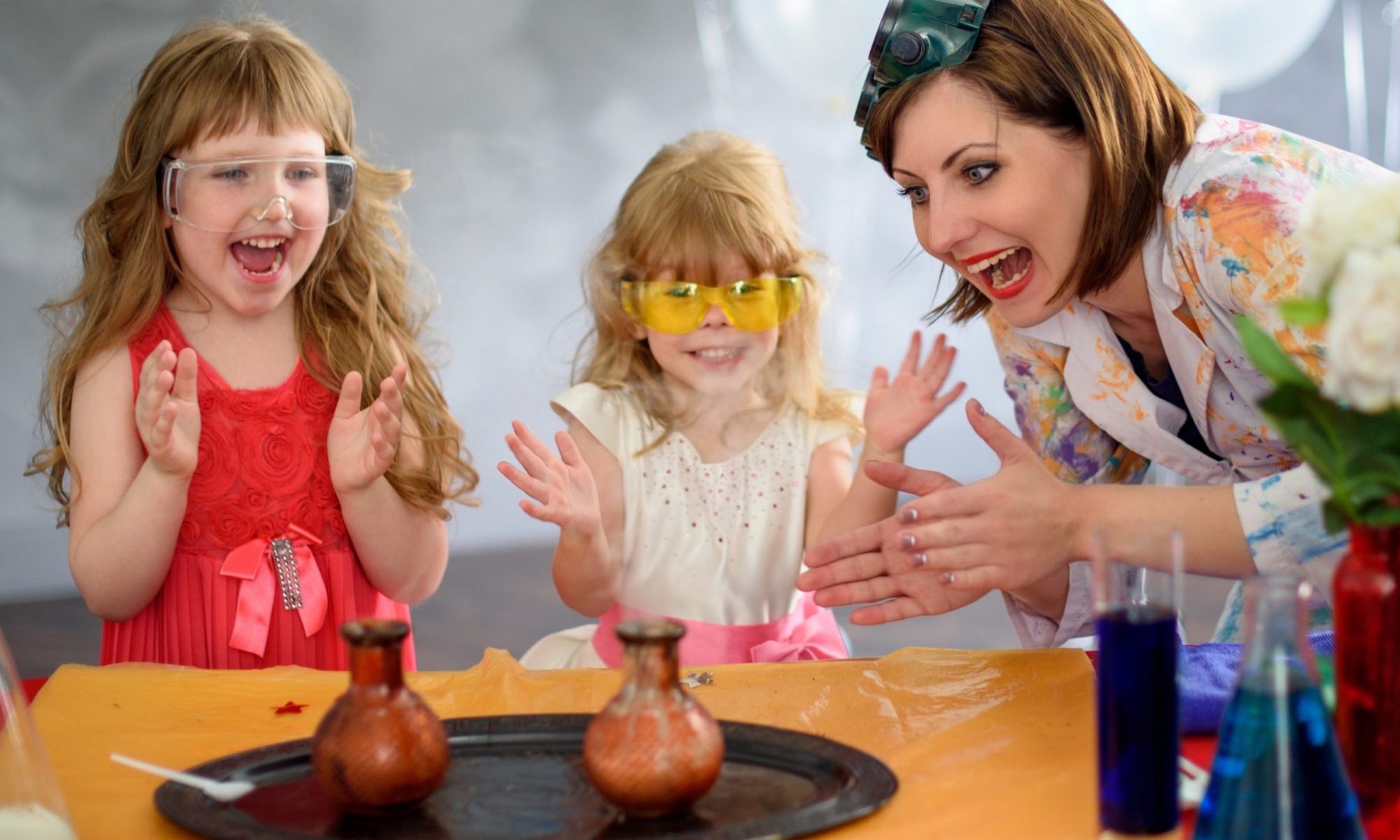World Bee Day is celebrated on 20 May every year. It is a day dedicated to the awareness of the vital role bees play in our ecosystem. Bees are responsible for pollinating a third of the food we eat and without them our food supply is at threat. They also play a critical role in the reproduction of plants and the production of honey, making them a crucial part of our natural world.

Unfortunately, bees are facing a number of threats, including habitat loss, pesticide use, climate change, and disease. As a result, bee populations around the world are declining at an alarming rate. This decline is not only a threat to bees themselves but also to our food supply and the overall health of our ecosystem.
Australia has more than 1600 native bee species. There could be as many as 2000 to 3000 still to be identified. Australian native bees are wonderful pollinators, especially for our native plants. There are a number of actions we can take to support bee populations and protect their habitats.


Plant bee-friendly flowers and plants in your backyard. Bees rely on nectar and pollen from flowers for their food, so planting flowers that are rich in nectar and pollen can help support bee populations. Great examples include native flowers, lavender and sunflowers.
Avoid using pesticides as they can be harmful to bees and other pollinators. If you must use pesticides, choose ones that are bee-friendly and apply them in the early morning or late evening when bees are not active.
Bees need shelter to protect themselves from the elements and predators. You can help by providing bee houses or leaving dead wood and leaf litter in your garden. Make an Insect Hotel for your Fuzzy Pollinators this World Bee day.
Spread awareness and educate others about the importance of bees and the threats they face. Encourage your friends, family, and community to take action to protect bees and their habitats.
World Bee Day is an opportunity to appreciate the incredible work that bees do for our ecosystem and to take action to protect them. By taking small steps to support bee populations, we can help ensure that they continue to thrive and play their important role in our world.

